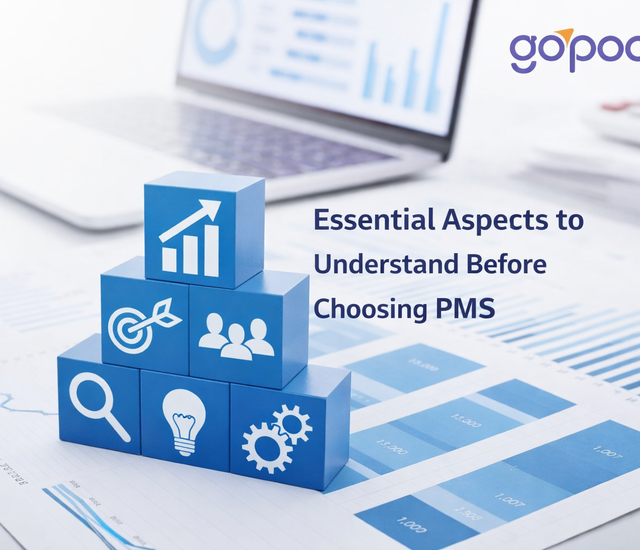
Stocks vs. Bonds: Investment Options
Introduction
When it comes to building a diversified investment portfolio, stocks and bonds are two of the most fundamental choices available. Both options offer distinct advantages and considerations, making them essential components of any well-rounded investment strategy. In this article, we'll delve into the differences between stocks and bonds, helping you make informed decisions based on your financial goals and risk tolerance.
1. Understanding Stocks
What Are Stocks?
Stocks, also known as equities, represent ownership in a company. When you own stocks, you essentially own a piece of that company. Stockholders have the potential to benefit from the company's success in the form of capital appreciation and dividends.
Key Characteristics of Stocks
Risk and Return: Stocks are generally associated with higher risk and potentially higher returns compared to other investment options. However, they are subject to market volatility and can experience significant price fluctuations.
Ownership and Influence: Stockholders have ownership rights and may participate in decision-making processes through voting rights. This ownership provides a chance to influence the company's direction.
Dividends: Some companies pay dividends to their shareholders, which are a portion of the company's profits. Dividends can provide a steady income stream to investors.
2. Understanding Bonds
What Are Bonds?
Bonds are debt securities issued by governments, municipalities, or corporations to raise capital. When you invest in bonds, you're essentially lending money to the issuer in exchange for regular interest payments and the return of the principal amount at maturity.
Key Characteristics of Bonds
Risk and Return: Bonds are generally considered less risky than stocks, making them a more conservative investment option. They offer fixed interest payments, which provide a predictable income stream.
Fixed Income: Bondholders receive periodic interest payments, which remain relatively stable over the bond's term. This feature makes bonds attractive for investors seeking steady income.
Maturity Date: Bonds have a maturity date, at which point the issuer returns the principal amount to the bondholder. This makes bonds suitable for specific financial goals with known timeframes.
3. Risk and Return Considerations
Risk in Stocks
Stocks are inherently riskier due to their potential for price volatility. Market fluctuations can lead to significant gains or losses in a short period. Diversification and a long-term investment horizon are often recommended to manage stock market risks.
Risk in Bonds
Bonds are generally considered less risky because they provide fixed interest payments and the return of the principal amount at maturity. However, bonds are not entirely risk-free. Factors like interest rate changes and issuer default can impact bond returns.
4. Choosing Between Stocks and Bonds
Investment Goals
Growth: If your goal is capital appreciation and you can tolerate higher risk, investing in stocks might be suitable.
Income: If you're seeking regular income with lower risk, bonds can provide predictable interest payments.
Risk Tolerance
Consider your risk tolerance when choosing between stocks and bonds. If you're comfortable with market fluctuations and seeking higher potential returns, stocks might align with your risk profile.
Diversification
A well-diversified portfolio often includes a mix of stocks and bonds. This combination can help manage risk and balance potential returns, catering to different market conditions.
Conclusion
Both stocks and bonds play crucial roles in a balanced investment portfolio. Stocks offer growth potential and ownership in companies, while bonds provide stable income and lower risk. The optimal mix of these assets depends on your investment goals, risk tolerance, and time horizon. Careful consideration and strategic allocation can help you achieve a well-rounded investment strategy that aligns with your financial aspirations.
"Investments in securities market are subject to market risks. Read all the related documents carefully before investing."
What's Trending
September 25, 2025
February 13, 2026
February 16, 2026
January 23, 2026
Recent Blog
Open Your Demat Account in Under 5 Minutes
Have any queries? Get support
Blog
Recent Blogs

Open your GoPocket Account within 5 minutes.
Have any queries?







.jpeg)


.jpeg)




